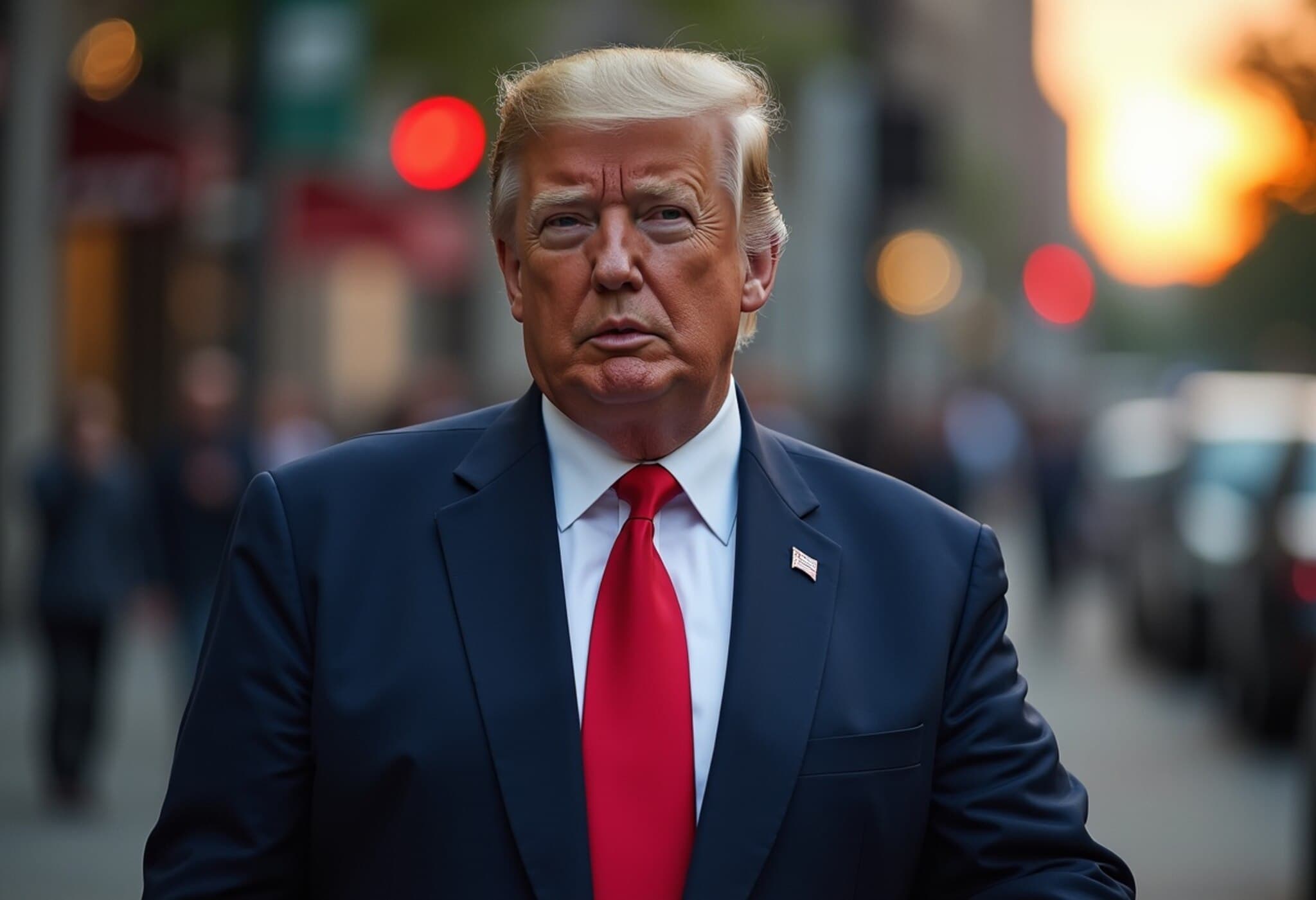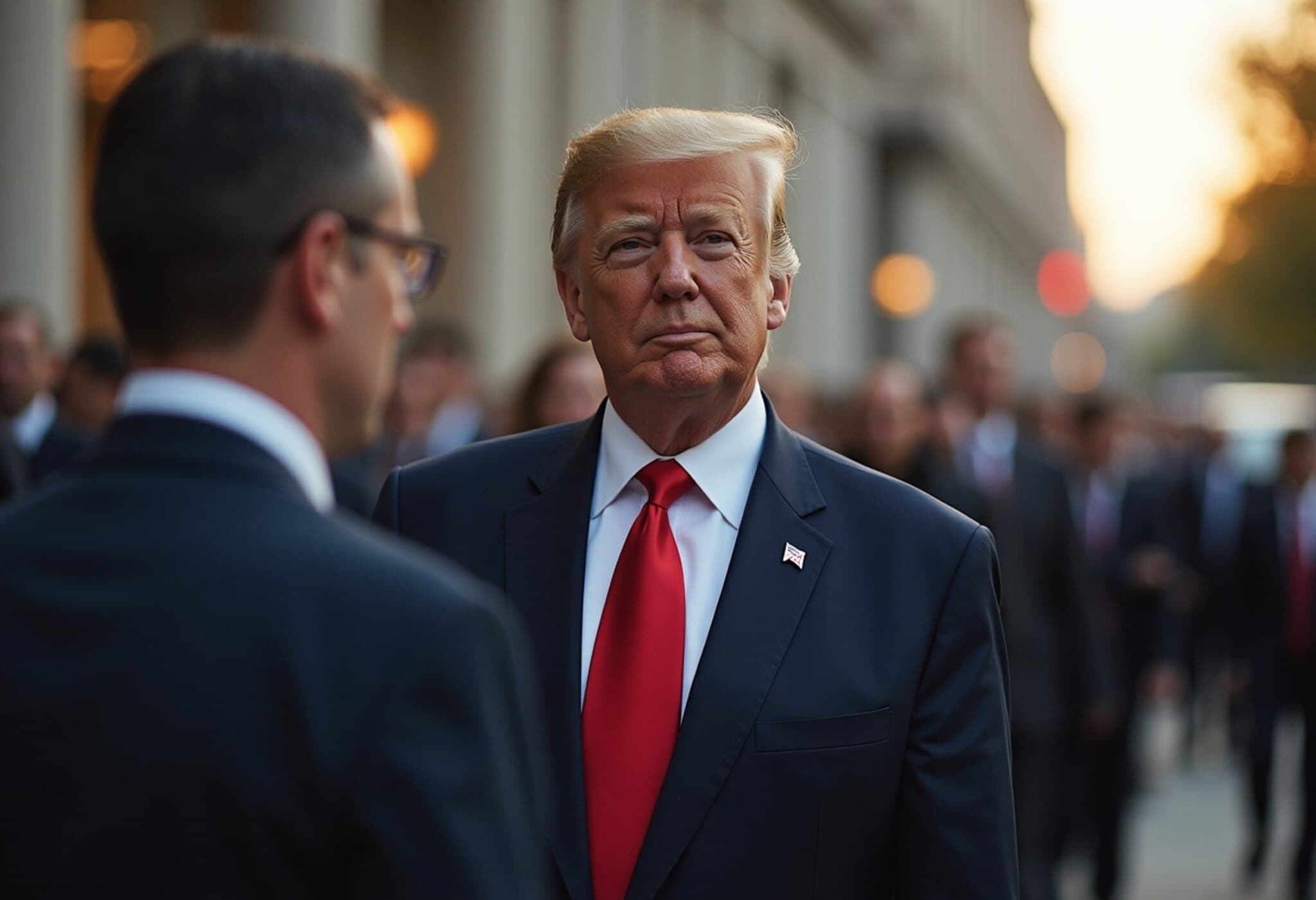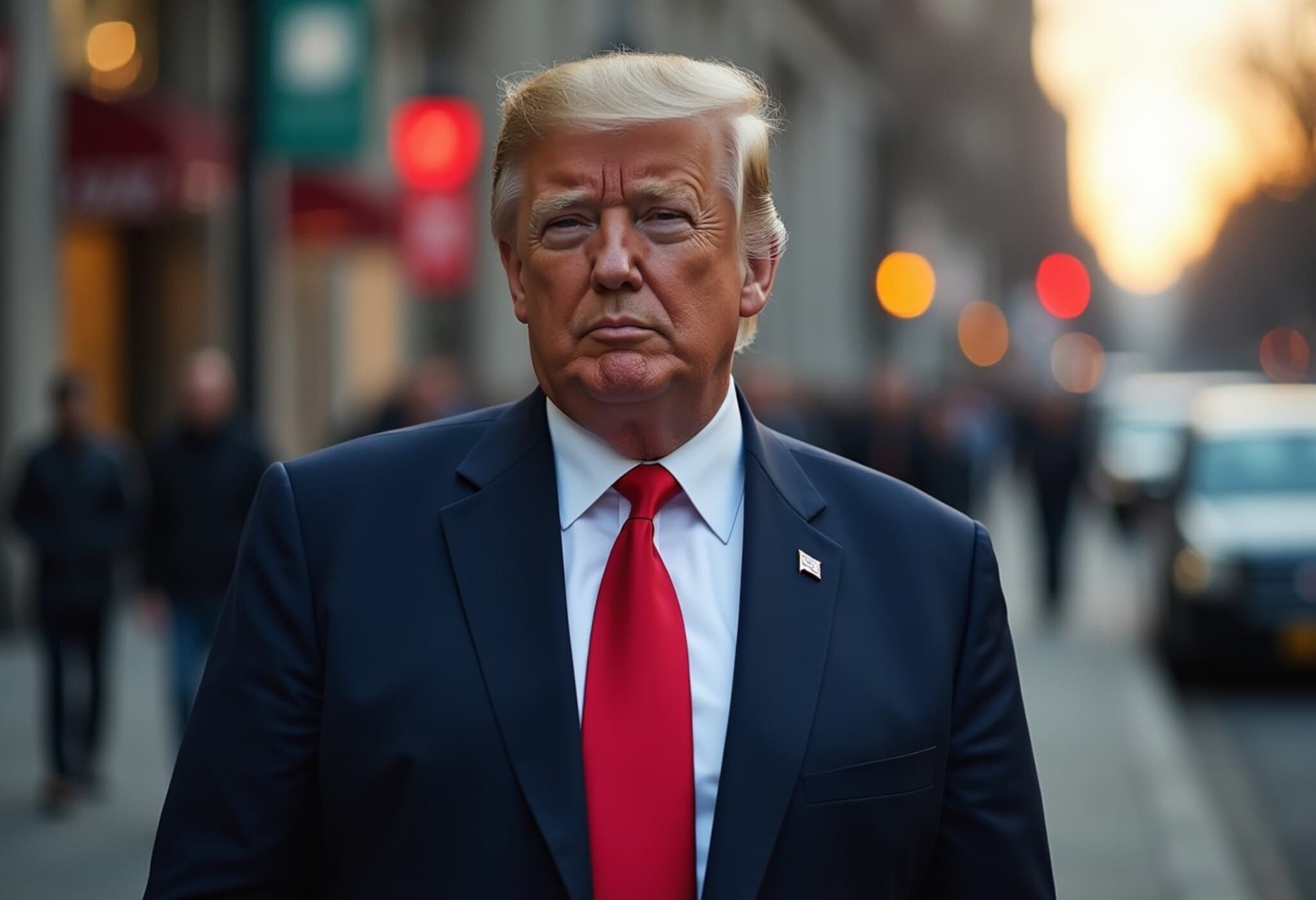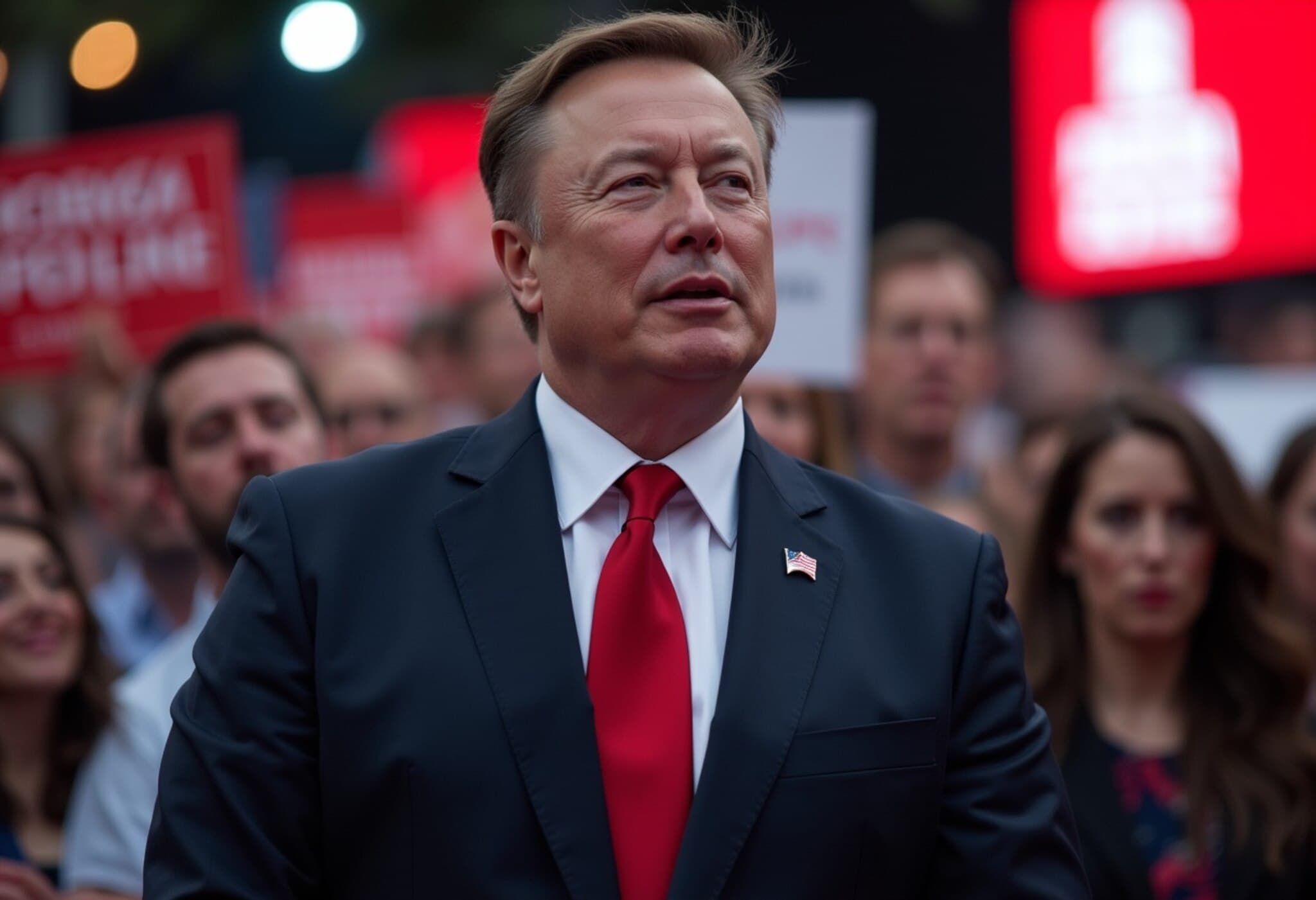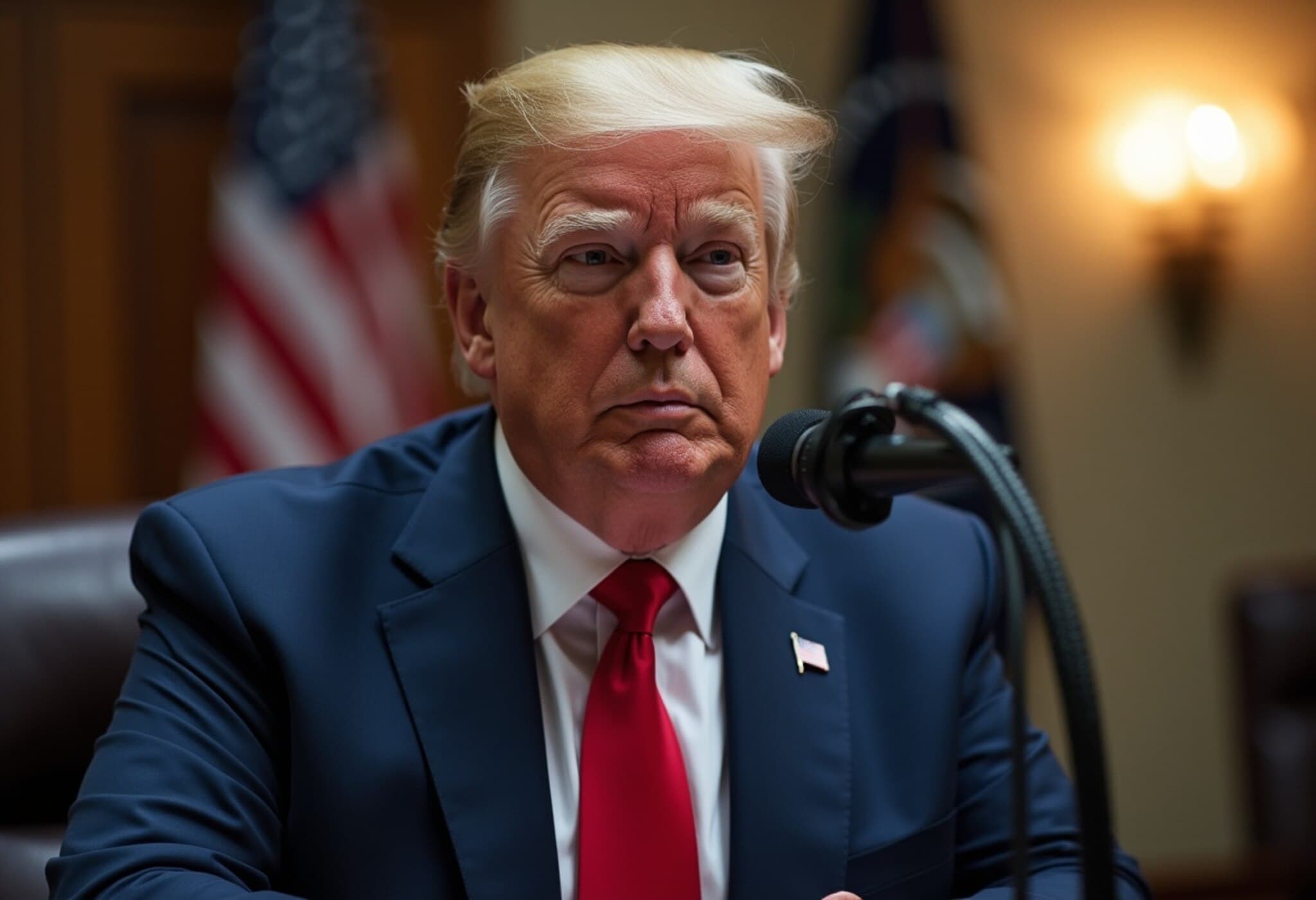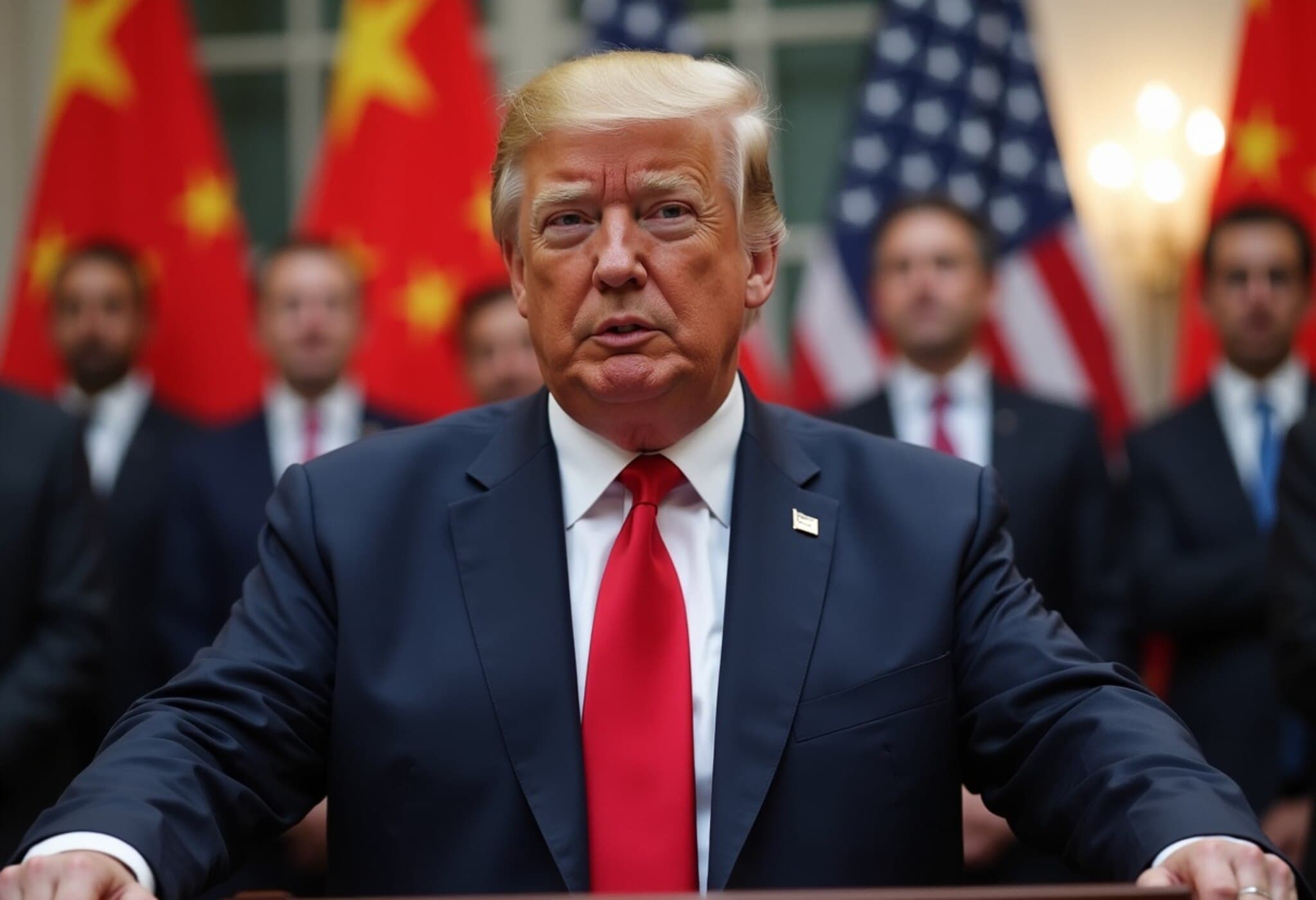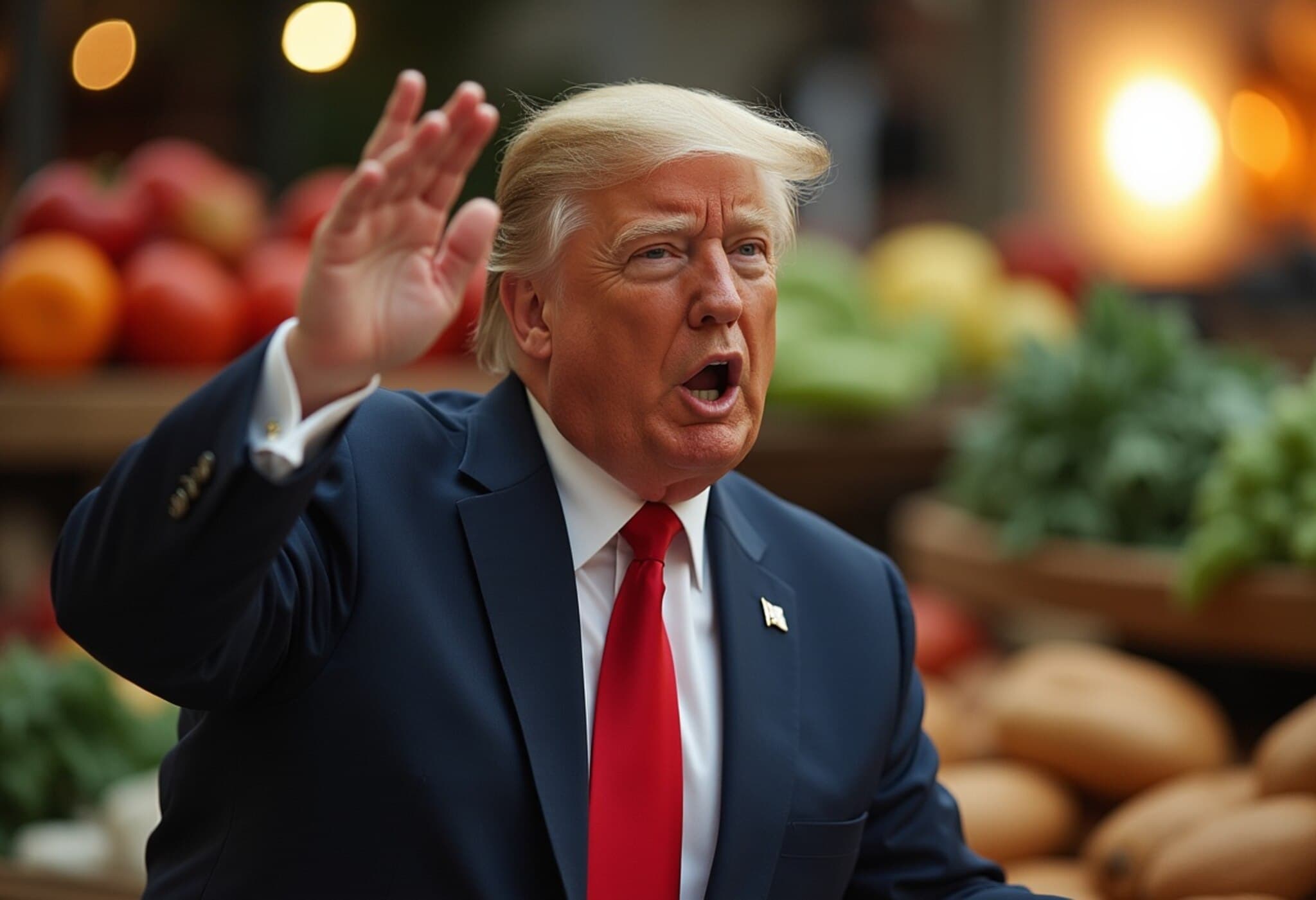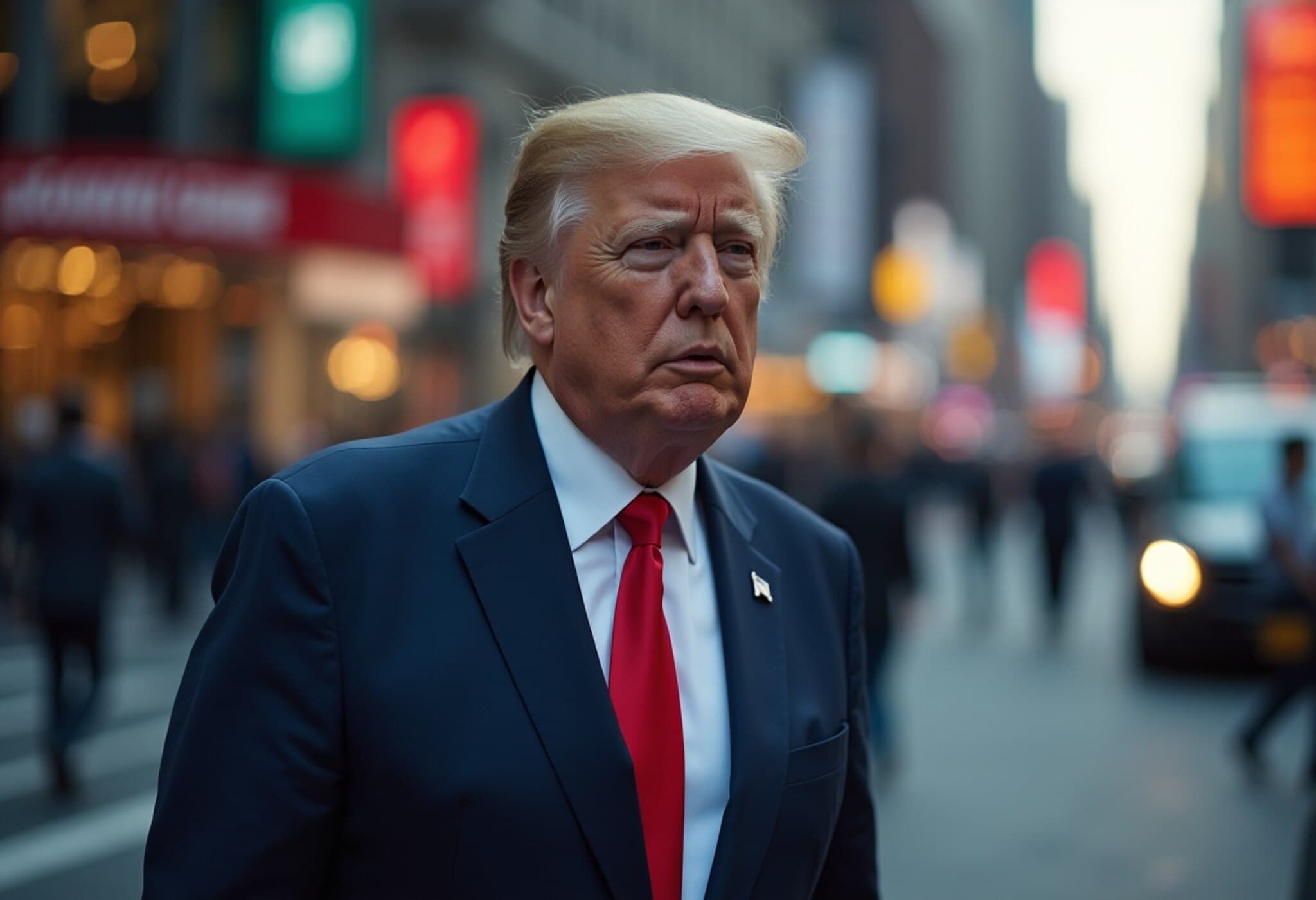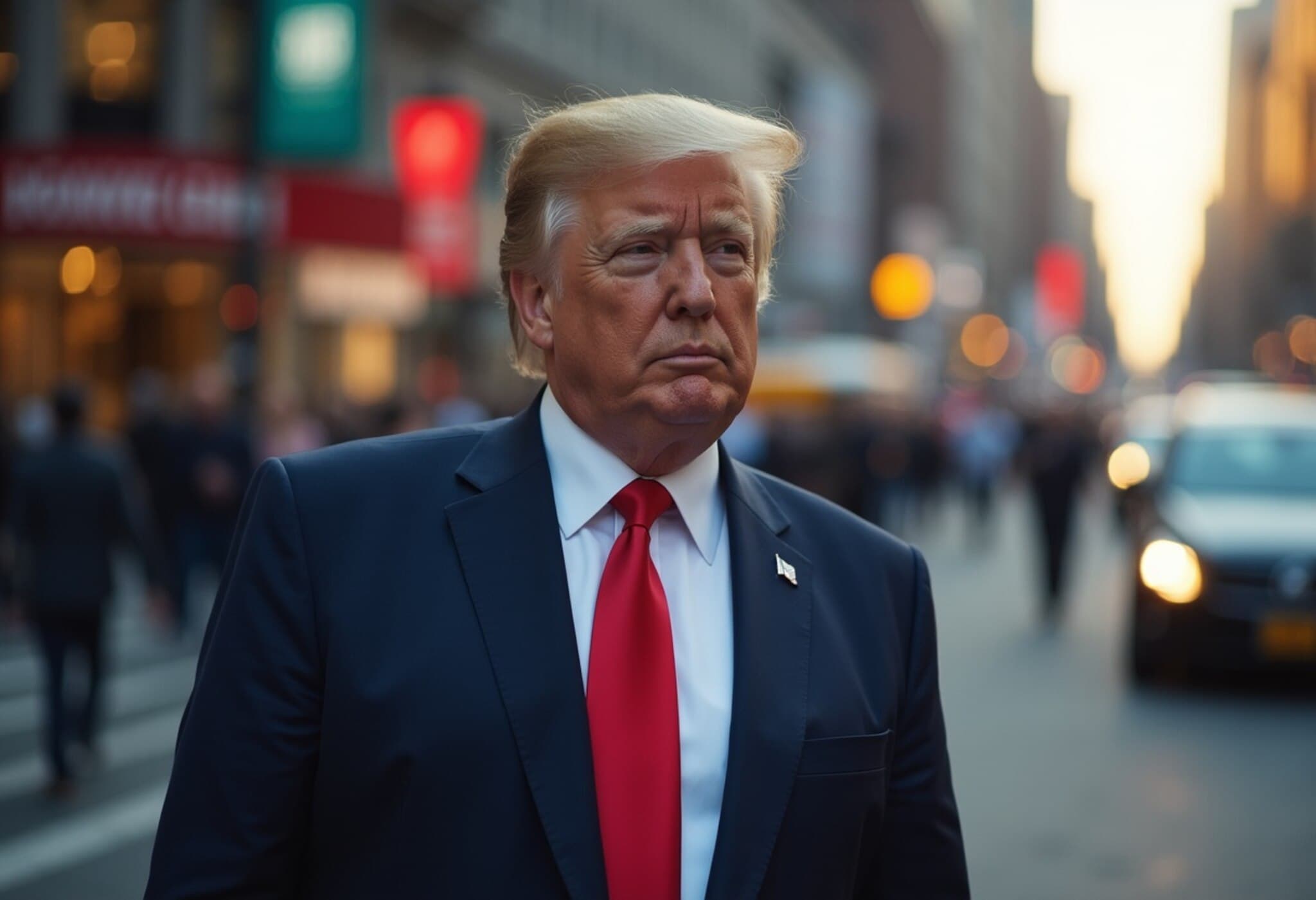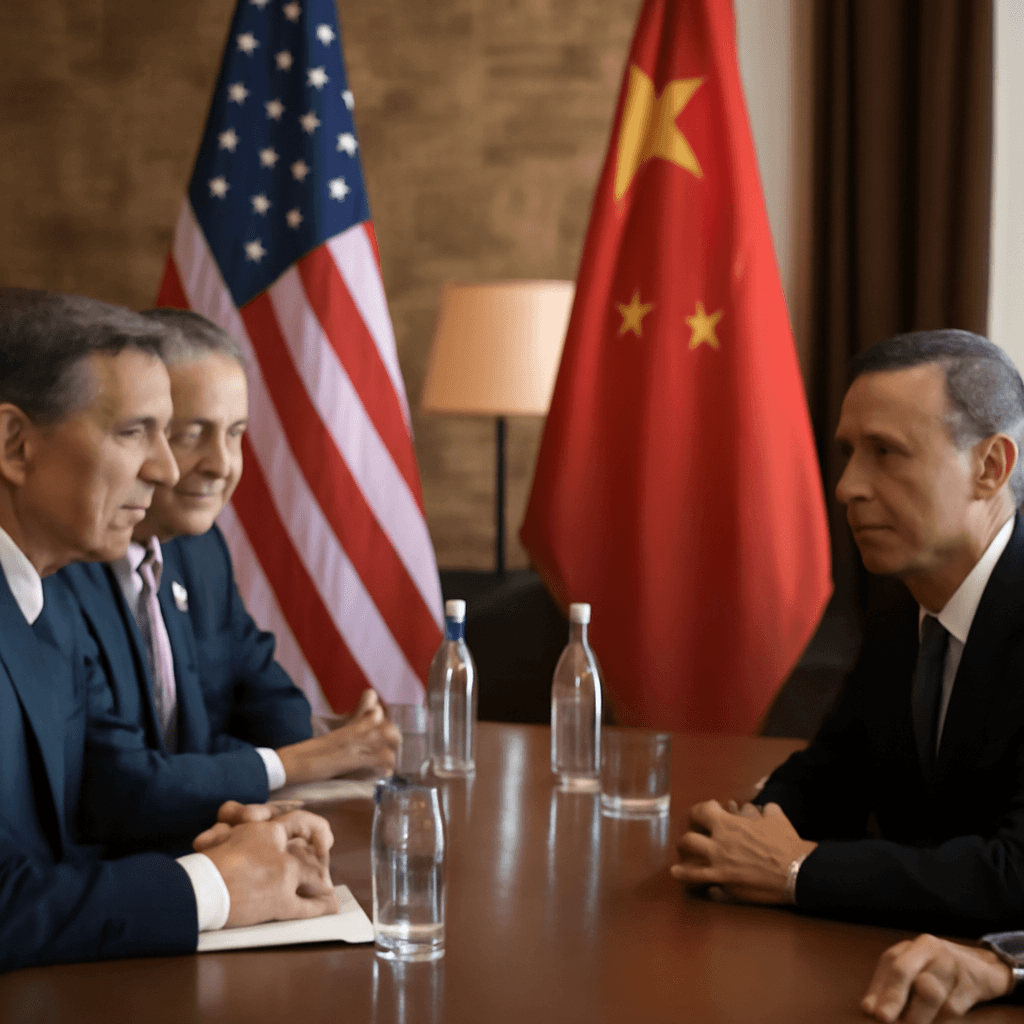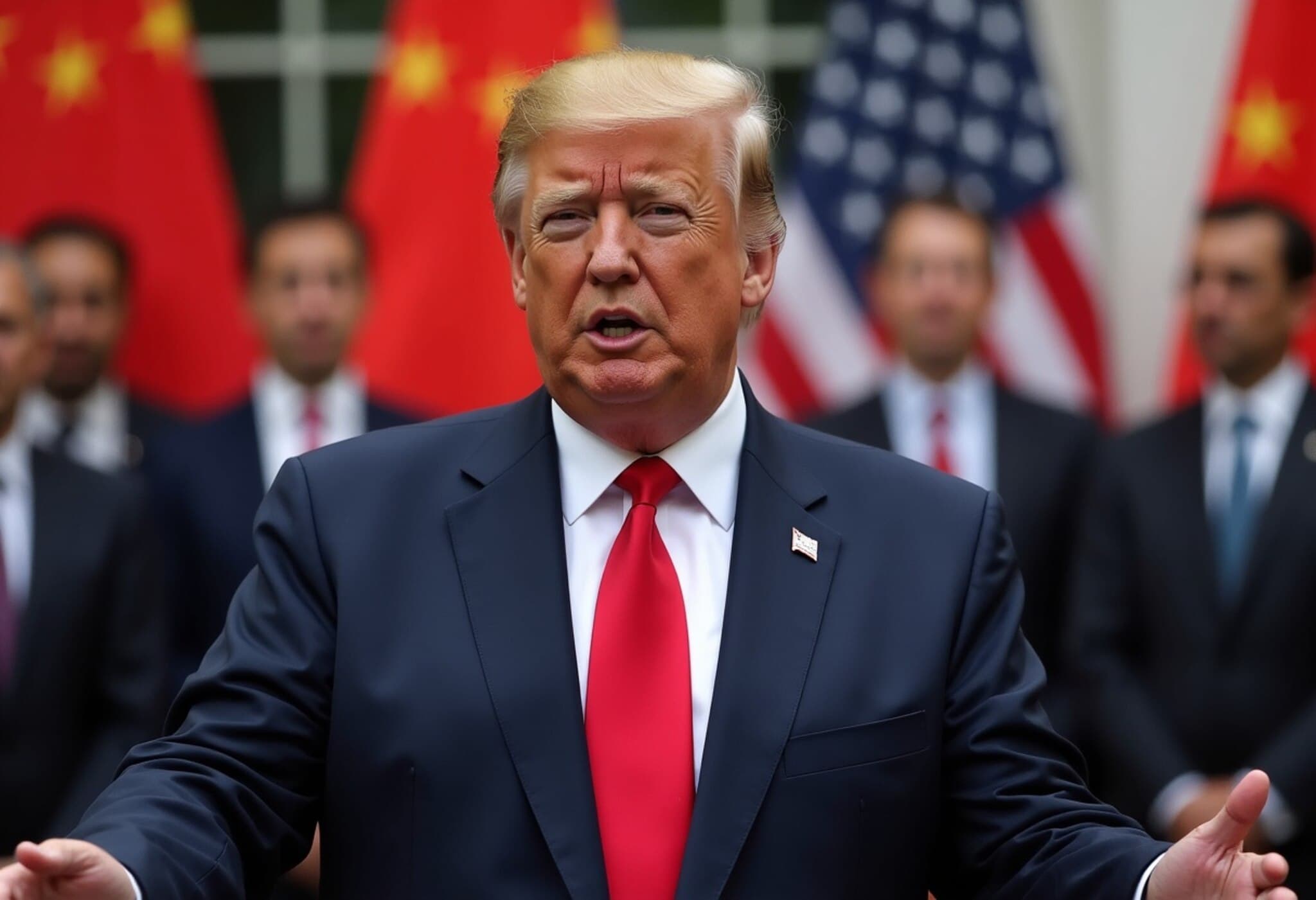Trump Signals Possible Extension of Trade Talks Deadline
U.S. President Donald Trump expressed willingness to extend the July 8 deadline for wrapping up trade negotiations before imposing higher tariffs. Yet, he conveyed optimism, suggesting such an extension might not be necessary.
Ongoing Negotiations with Major Trading Partners
Speaking ahead of an event at the Kennedy Center, Trump revealed that discussions involving about 15 countries are underway, including key players like South Korea, Japan, and the European Union.
“We’re rocking in terms of deals,” Trump said, emphasizing that several countries are eager to strike agreements with the U.S. Despite this progress, he maintained that extending the deadline isn’t likely required.
Trade Offers to Other Countries Coming Soon
In the coming weeks, the U.S. plans to send letters detailing trade deal terms to numerous other nations, offering them a clear choice to accept or decline the proposals.
“At a certain point, we’re just going to send letters out … saying, 'This is the deal. You can take it or leave it,'” Trump explained. He noted the administration is not yet ready to take this step but suggested it will happen eventually.
Administration’s Flexible Approach on Deadline
Treasury Secretary Scott Bessent recently told lawmakers that the administration might extend, or "roll forward," the July deadline for countries negotiating in good faith. This marked the first indication from a senior official hinting at deadline flexibility.
During hearings before the House Ways and Means Committee and later the Senate Appropriations Committee, Bessent elaborated that while countries actively negotiating may see deadline extensions, those not engaging won’t receive such leniency.
He singled out the European Union for initially slow progress but noted it’s now showing better intentions. Trump echoed this sentiment, confirming the EU’s readiness to engage seriously in talks.
Separate Progress on U.S.-China Trade Talks
Separately, a de-escalation agreement with China reached last week in London is advancing under a distinct timeline, with an August 10 deadline set last month.
Context Behind the Negotiations
The July 8 deadline stems from a 90-day pause on Trump’s broadest tariffs, originally announced on April 9. These tariffs, branded “reciprocal” and dubbed “Liberation Day” tariffs, covered nearly all U.S. trading partners and rocked global financial markets due to their vast scale.
Following the tariff announcement, major stock indices plunged sharply, bond yields soared, and the dollar weakened, reflecting market anxiety.
Markets began to stabilize once Trump announced the pause and further improved after reducing imposed tariffs on Chinese goods, spurring what some market commentators jokingly called the “TACO” trade—Trump Always Chickens Out.
Outlook Ahead of Deadline
As the deadline approaches, Democratic Representative Don Beyer questioned Bessent about potential market repercussions. Bessent responded by reaffirming ongoing negotiations with 18 key trading partners and the likelihood of deadline extensions for those acting in good faith.
This evolving approach illustrates a more flexible tone by the administration while maintaining firm control over its trade agenda, with President Trump remaining the final arbiter.

